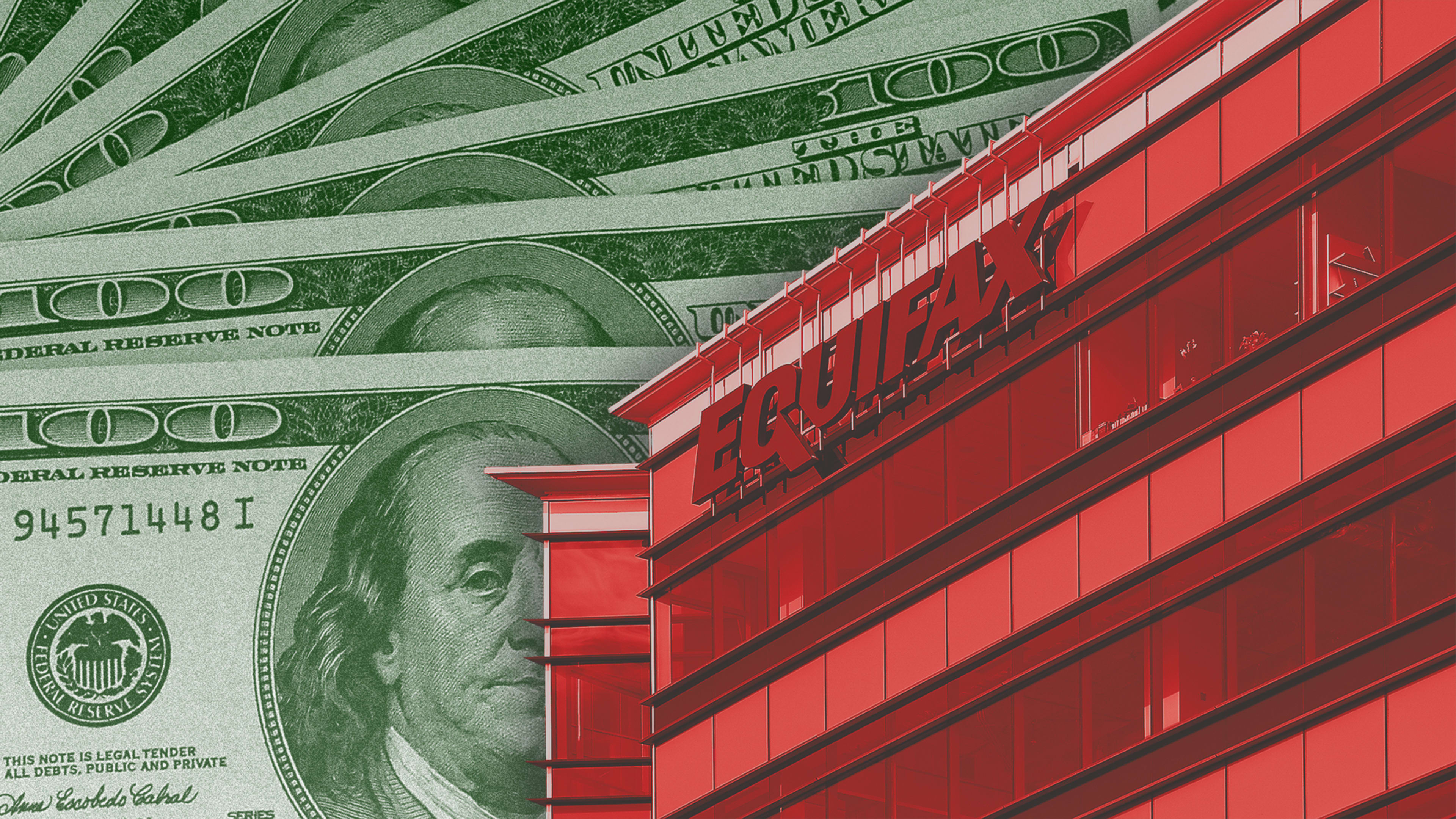Victims of the massive Equifax breach that rocked the consumer credit-scoring industry five years ago are finally beginning to receive updates about their forthcoming settlement payments. In emails sent to consumers last week and this week, the claims administrator overseeing the class-action settlement notified recipients of their eligibility and let them know about their payment options. If you received one of these emails recently, here’s what to know:
Tell me again what the heck happened
Way back in 2017, Equifax, one of the three major credit bureaus, revealed a substantial data breach. The personal information of an estimated 147 million consumers was exposed, some of it super sensitive. The U.S. Federal Trade Commission (FTC), the Consumer Financial Protection Bureau (CFPB), and individual states responded with a class-action lawsuit, which was settled in 2019. Equifax agreed to pay up to $425 million “to help people affected by the breach.”
That’s a lot of money? How much will I get?
Here’s where it gets a little less exciting. Individual cash payments were capped at $125 each, but because of the large number of people who applied for claims, what you actually get is likely to be significantly less.
Are these recent emails legit?
According to the FTC, if your email comes from info@equifaxbreachsettlement.com, it’s the real thing. We’ve reached out to JND, the company overseeing the settlement claims, to confirm further details about the emails’ contents. We’ll update this post with additional information if we hear back.
Not surprisingly, many recipients of the emails are expressing skepticism about their legitimacy. Discussions about the emails on Reddit forums and Twitter are rife with speculation about whether the emails are a scam. It’s likely that some recipients filed to receive a claim so long ago that they just plain forgot about it.
All of this makes me feel gross. Can I just opt out of Equifax?
Ironically, no. Although credit bureaus collect and share sensitive data on millions of people, they mostly do it without your permission. Rather, they get your information from banks, loan issuers, public databases, and other sources of information. (You can learn more about the process here.) About the best you can do is put a freeze on your credit, which can prevent fraudsters from opening new accounts in your name.
So I’m a lifelong Equifax customer whether I want to be or not?
No, you’re the product.
Fine. When is my payment coming?
Unfortunately, that’s still a bit unclear, too. According to the FTC, the settlement was finalized in January of this year, but its latest update in September did not include an estimated timeline for payments. We’ve asked JND for clarity on this and will update this post if we hear back.
Recognize your brand’s excellence by applying to this year’s Brands That Matter Awards before the early-rate deadline, May 3.
